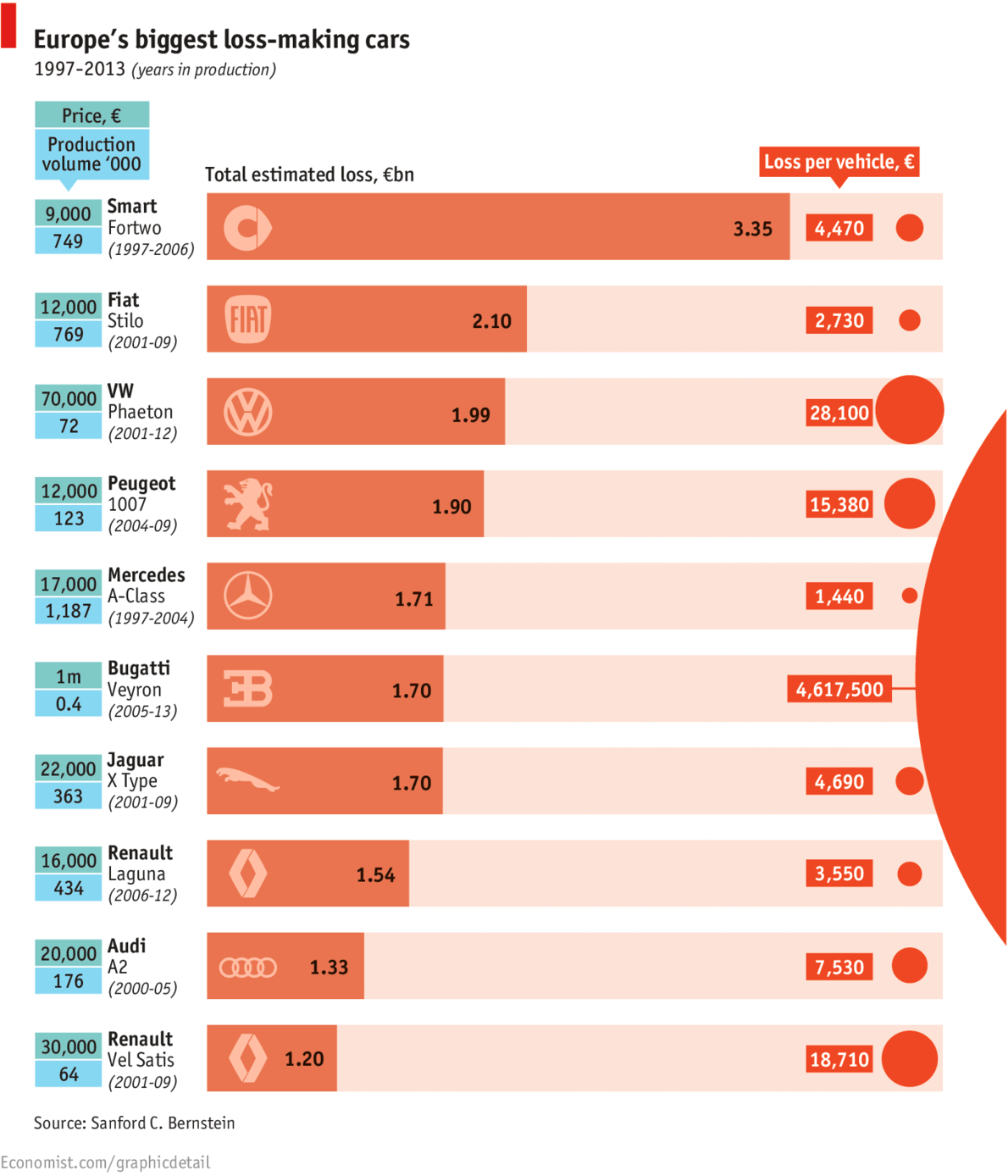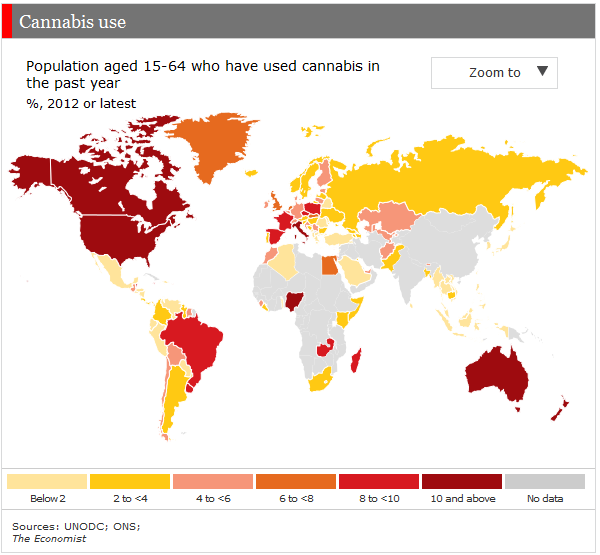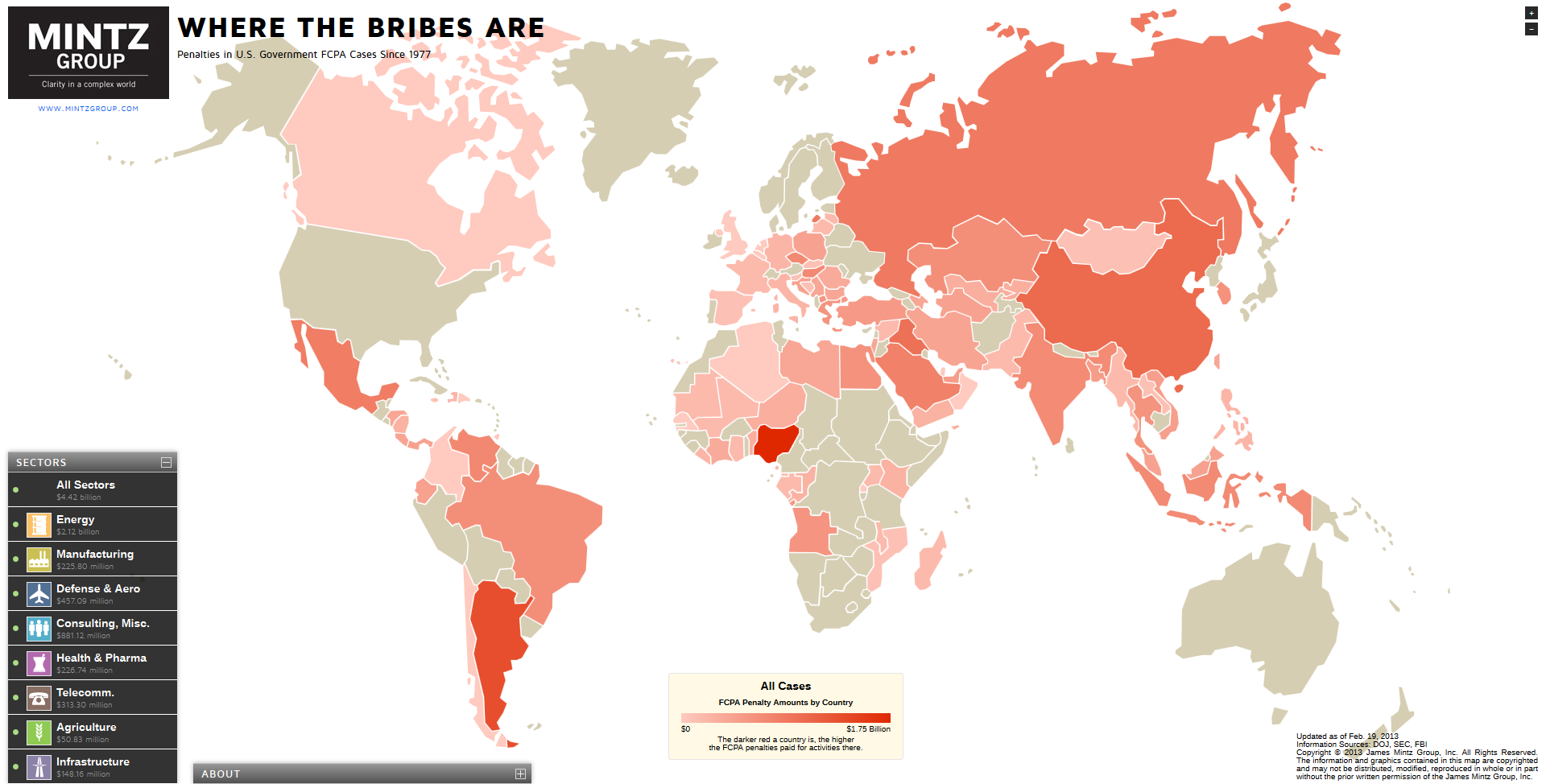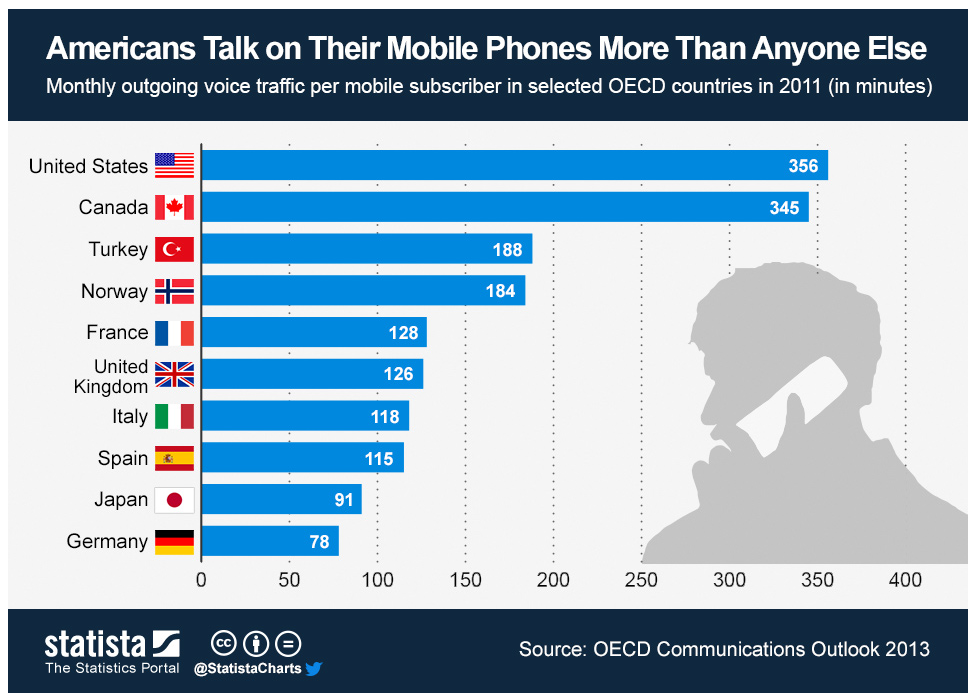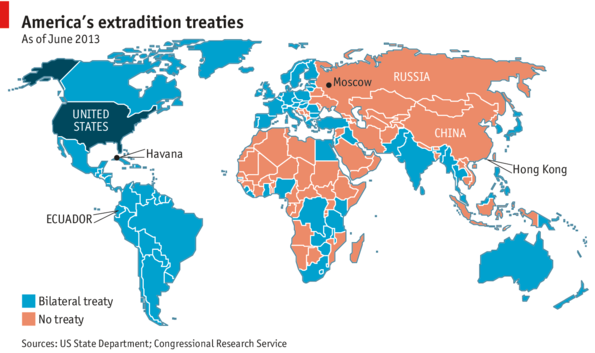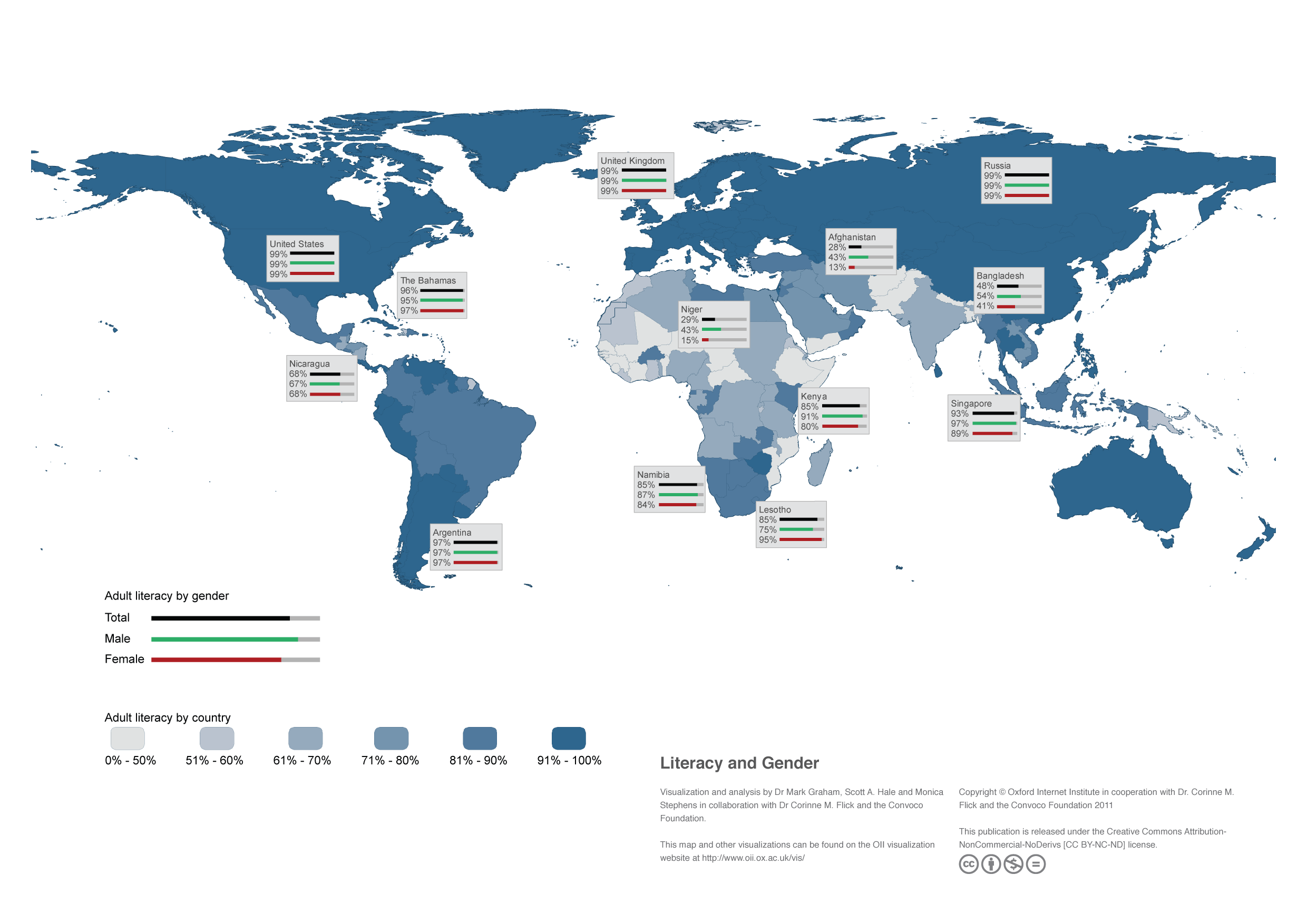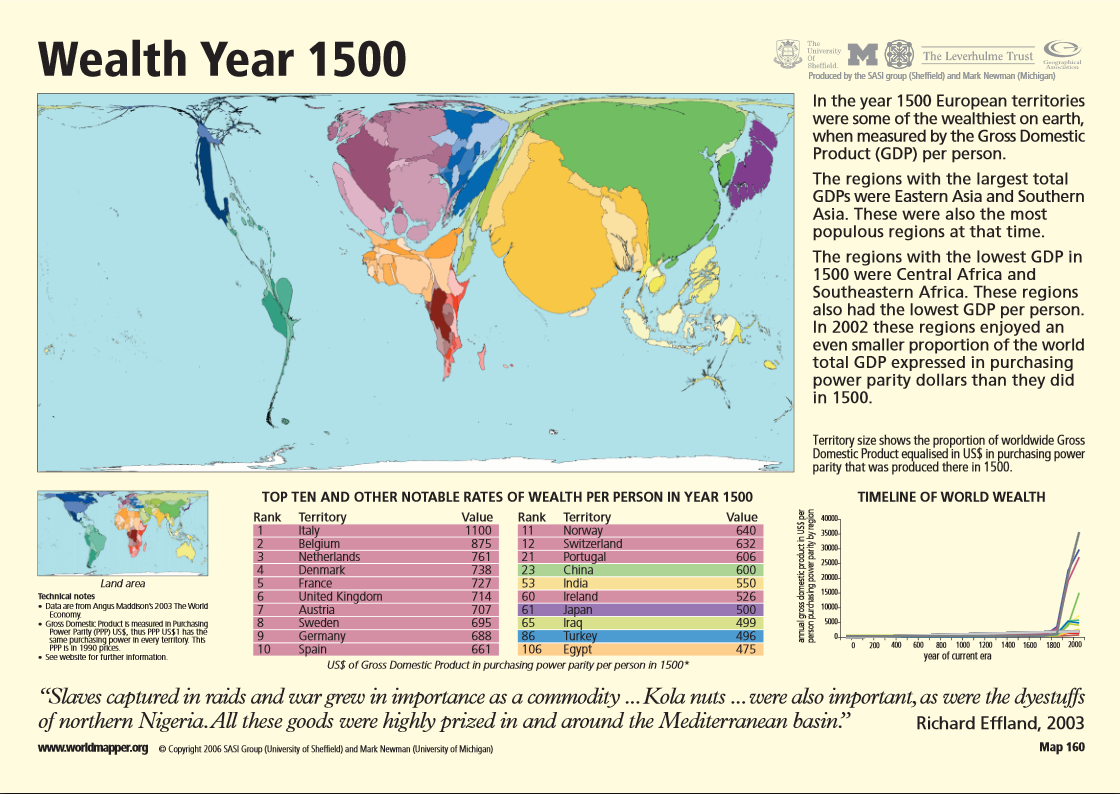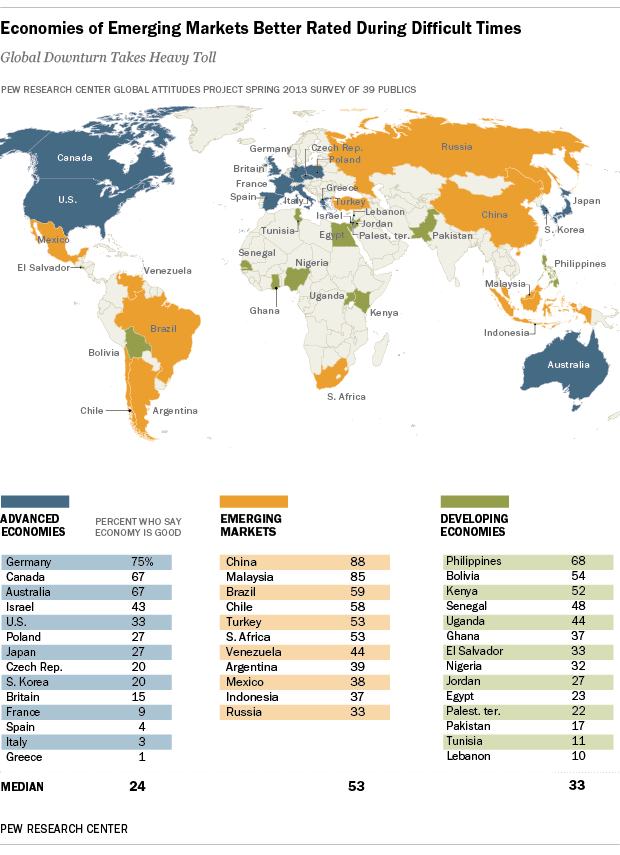According to the 2019 United Nations World Population Prospects report, approximately 1,737 people die every day in Italy. In other words, a person dies in Italy approximately every 50 seconds. You can see a live clock keeping track of how many people have died today at https://www.indexmundi.com/clocks/indicator/deaths/italy. You can compare the number of deaths in Italy to the number of deaths in other countries at https://www.indexmundi.com/clocks/indicator/deaths.
Note that the numbers in this post were estimated without taking into account the effects of the coronavirus (COVID-19) pandemic. The net effect of the pandemic on the average number of daily deaths in Italy will not be clear until some time in the future. Today (April 4, 2020), 764 deaths were reported in Italy due to COVID-19, which is close to 44% of the normal number of daily deaths; however, it is possible that deaths due to other causes may have decreased because of widespread social distancing, quarantine, and stay-at-home measures. On the other hand, there may also be an increase in the number of deaths that could have been prevented if medical resources were not focused on COVID-19 patients. For more information about COVID-19 cases and deaths in Italy, visit our coronavirus information page for Italy.
If you are interested in the leading causes of death in Italy, check the Italy page at the Institute for Health Metrics and Evaluation.

